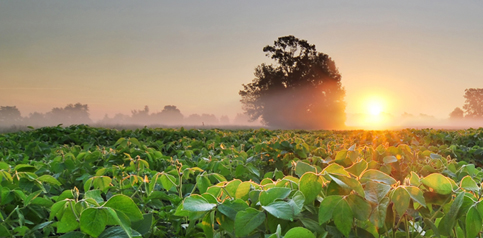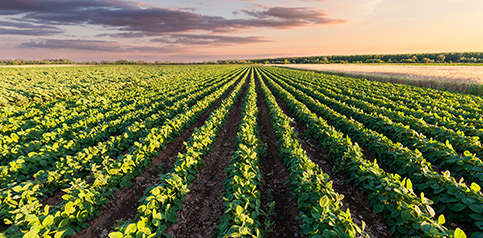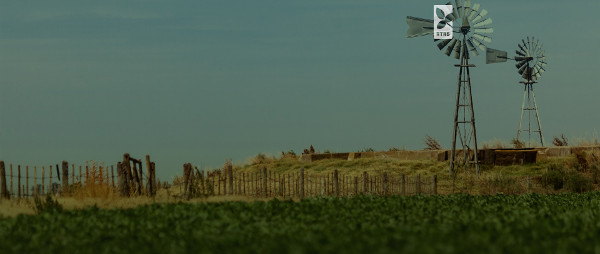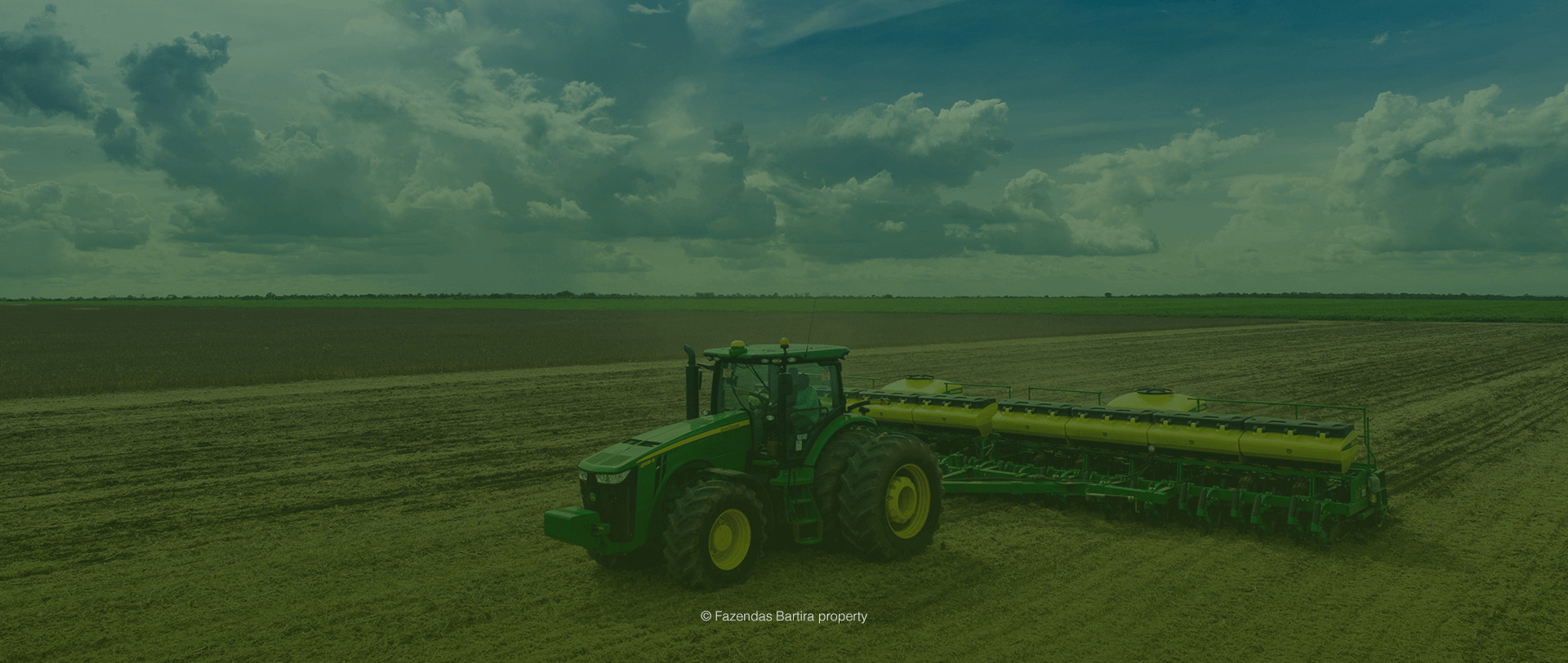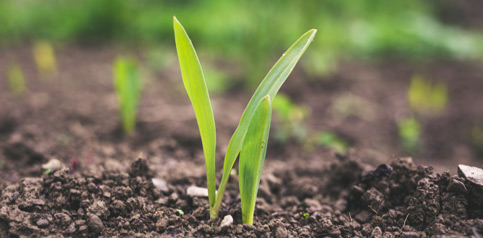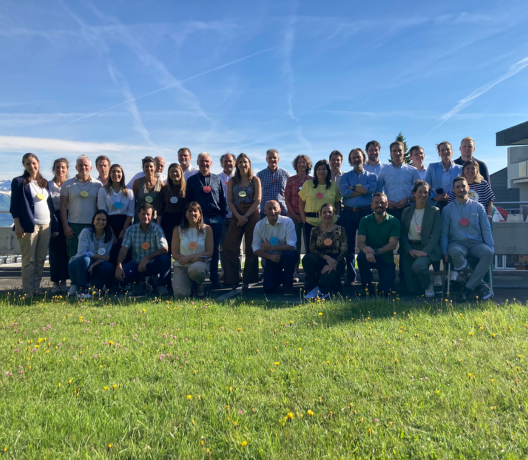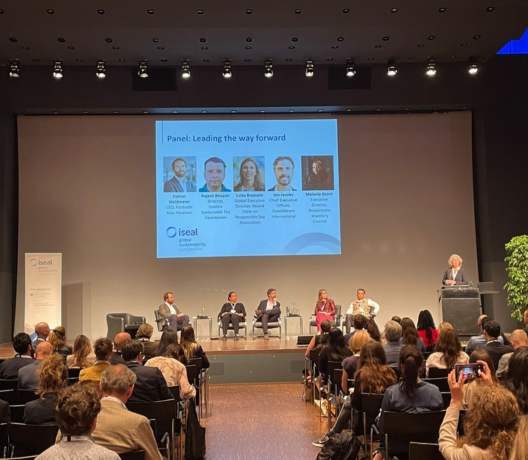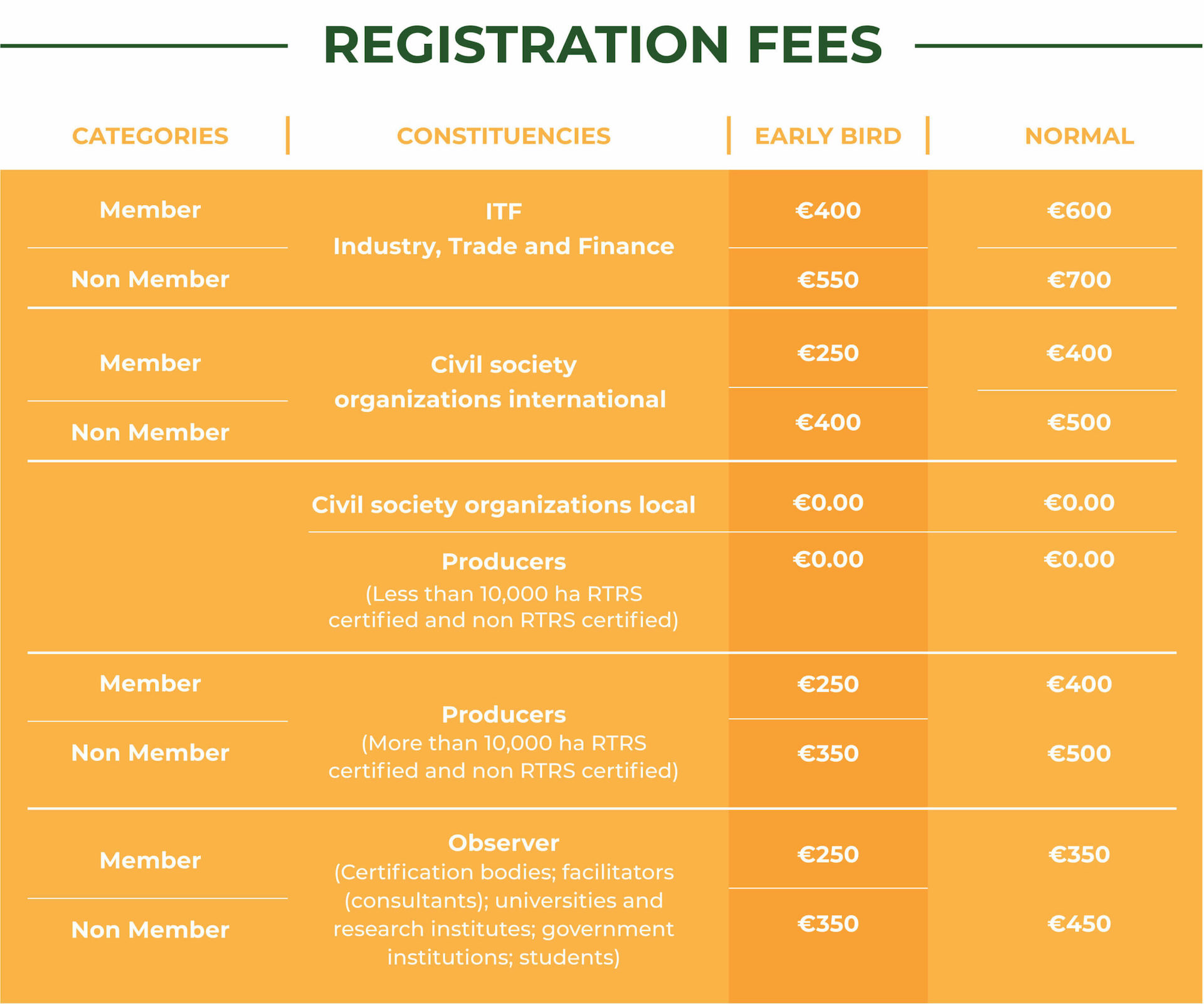First desktop audits
RTRS Certification during COVID-19 pandemic
Last May, the first desktop audits were carried out as established in the RTRS Guidelines for Desktop Audits Version 1.0, which provide a method that allows verification of 100% of the indicators of the production and chain of custody standards in surveillance or recertification audits.
This is a temporary alternative and reliable verification process developed by the Round Table on Responsible Soy Association (RTRS) to continue guaranteeing conditions for responsible soy production for the current global contingency.
In order to preserve RTRS certification credibility and the assurance level of the verification process, Certification Bodies are using other alternative methods to collect the information needed to evaluate and verify compliance with RTRS standards’ indicators. Gustavo Montero, RTRS Qualified Lead Auditor for SGS Argentina SA, Certification Body recognized by RTRS, describes some of the strategies implemented for that purpose: “To access and audit the documentary support of the establishment, we used an online file hosting service where we share databases and photographic evidence. We also held periodic video-conferences, where we were able to go deeper into the information in the files and review every topic related to the audit.”
Agustín Mossini, from Planisferio S.A., one of the audited producers, referred to the methodology to collect information during the desktop audit: “While we initially believed that desktop auditing could be difficult, it finally turned out to be easier than expected show compliance with the standard’s indicators”. And from Brazil, Samaycon Gonçalves, responsible for certifications in FAPCEN, pointed out that “the verification process reinforced the idea that RTRS certification is a great management tool for problem-solving and decision-making, and for maintaining control and organizing the process that implies applying RTRS principles”.
This procedure also allowed many producers to renew and ratify their commitment to RTRS certification and to apply for re-certification. ““This methodology helped us meet the deadlines. We had completed all surveillance audits and this year we were planning to be re-certified. This tool enables us to keep up certification”, said Agustín Mossini.
“RTRS certification is in our region the best tool ever used to interact with all community sectors, focusing on a single goal, which is the continuous improvement of our own land as well as the land in the whole territory”, adds Samaycon Gonçalves regarding the importance of recertification.
RTRS Certificates
RTRS certificates will be valid for 5 years. During this period, the producer is audited once a year for surveillance or follow-up. In the last year of the certificate validity period, the producer can re-certify through a new audit to verify continued compliance with the standard`s indicators after which a new certificate is issued.


